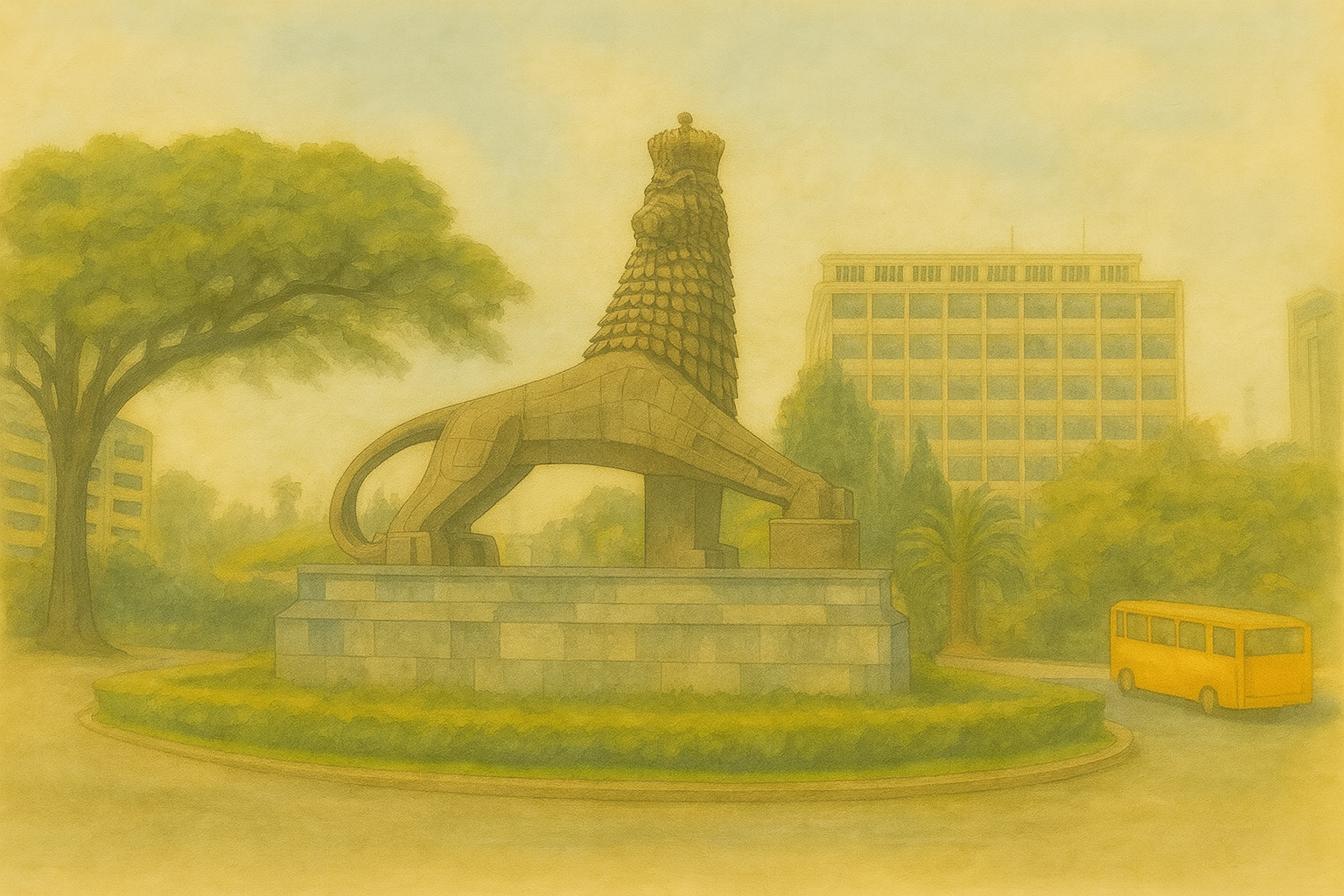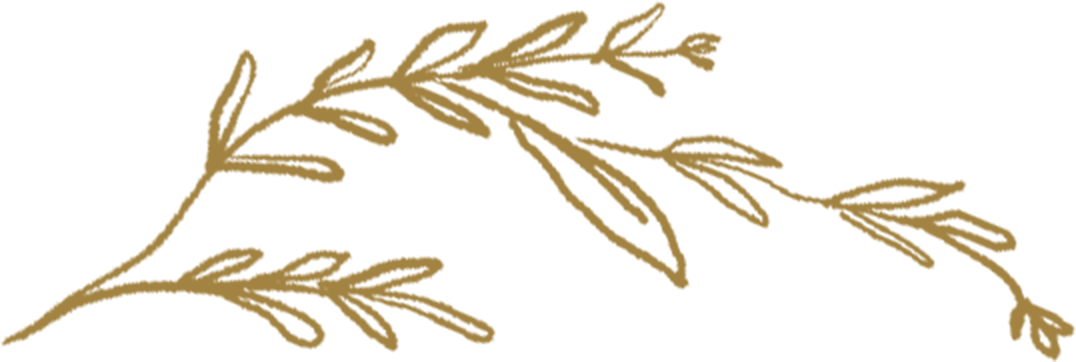Yadel & Shalom
FAQs

Question
How many days should I stay in Addis?
Answer
Short answer: plan to arrive by January 29th or 30th, day or two before the wedding day (Feb 1st, 2026) and stay until the Feb 4th, 2026. Please book your flights ASAP before prices rise. Longer answer: It depends on how folks deal with jet lag and how often people travel. Typically takes at least 1-2 days for your body to regulate itself and align with the local time. For picking a return flight, it would really depend on how much time you have to spend in Addis. Stay at least until the Feb 4th, 2026, so you can leave after the Melse ceremony.
Question
Do I need a Visa?
Answer
Here is some important information regarding the eVisa process for US citizens: The Ethiopian Immigration and Nationality Affairs main Department, in collaboration with Ethiopian Airlines, offers an eVisa service for international visitors to Ethiopia. You can apply for the eVisa online. It's crucial to meet all visa requirements to apply for an Ethiopian eVisa successfully. The complete list of documents for an Ethiopian tourist visa for US citizens includes: • Passport with at least six months validity from the date you intend to enter the country. • A recent passport-size digital photo. • A valid credit card or debit card for visa fee payment. We recommend checking for the most up-to-date information and applying as early as possible. The application period varies and can often take longer than expected. eVisa link https://www.evisa.gov.et/
Question
What should I pack?
Answer
Modest/formal attire, comfortable shoes, reusable water bottle, light jacket, insect repellent. Mild dry season; daytime temps around 70–80°F (21–27 °C), cooler evenings—layers recommended.
Question
Where should I stay?
Answer
TBD
Question
Is Addis Abeba / Ethiopia safe?
Answer
Addis Ababa, the capital city of Ethiopia and the immediate surrounding areas are safe and very friendly to tourists. The places that have experienced ethnic violence are along the border of the country. Throughout the years, Addis has remained safe for travel. It is a major economic hub in Africa, houses the UN headquarters, over 120 embassies, and the African Union. They do a great job at making sure the city is safe for travelers. Much like Italy, pickpockets are very clever here. Phones should be secured and money should not be kept in pockets easily accessible from the outside. Wegene's favorite travel vest is the polar fleece Scott-E vest, it has many internal pockets while still being light enough for daily wear in Addis' mild climate. For women, I would recommend an inexpensive purse with interior, zippered pockets for added security and peace of mind. Like any big city, it is a good idea to keep your wits about you in the dodgier areas. I have found Addis to be an incredibly welcoming place filled with friendly and curious folks. People on the street will try to talk to you, ask about what you are doing here/chitchat, tell you about themselves, and sometimes talk with you to have someone to practice their English with.
Question
What events should I attend?
Answer
We're happy to have you join all of our events, except those dedicated to the wedding party (i.e., wedding rehearsal). However, if you were to only attend one or two events, please prioritize the Wedding day / reception (2/1/2026) and the Melse (2/3/2026)
Question
Currency and tipping
Answer
The local currency is Ethiopian Birr (ETB) which is roughly 150 birr = $1 . Recommend bringing at least $500 - $1000 cash for your use there. We will help you translate the currency when needed. Cards work at major venues, but small shops need cash. Tipping at ~5–10% is appreciated.
Question
A Journey to Ethiopia: What to Expect?
Answer
Ethiopia is a country steeped in history and culture, recognized as one of the oldest nations in the world. Known for its remarkable heritage, Ethiopia is home to iconic historical sites like Lalibela's rock-hewn churches and Axum's towering obelisks. It stands out as the only African nation that successfully resisted colonization, preserving its unique identity. Ethiopian cuisine is not just about the food; it's a flavorful and communal experience. Dishes like injera, a sourdough flatbread, and Doro Wot, a spicy chicken stew, form the heart of many meals, inviting you to share a table, stories, and laughter. Coffee originates from Ethiopia and is more than a beverage—it's a symbol of hospitality and friendship, often shared in a traditional coffee ceremony. At the end of January and the beginning of February, the weather in Ethiopia is mild and comfortable, particularly in the highlands and Addis Ababa. Temperatures during this period range between 60°F and 75°F (16°C to 24°C) during the day, with cooler evenings. Though Amharic is the official language, English is widely spoken in urban areas, making communication easier for visitors. It's important to carry cash in Ethiopian Birr for smaller purchases, as credit cards are only accepted in major hotels and restaurants. Local transportation options include taxis and ride-sharing apps in cities (we will have more specific recommendations for ride-sharing services in the travel section), and domestic flights are available for those looking to explore beyond Addis Ababa. Ethiopia is a predominantly Christian country, and its culture is relatively conservative, especially regarding dress and public behavior. Adhering to local customs when visiting religious sites or attending traditional ceremonies is crucial, and modest attire is recommended. Ethiopia's rich cultural and religious traditions are deeply respected, and visitors are appreciated when they show sensitivity to these customs.
